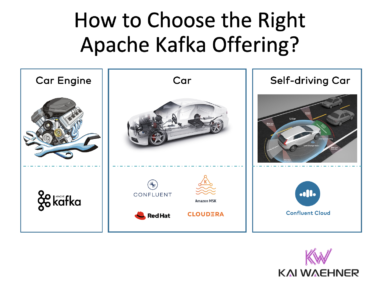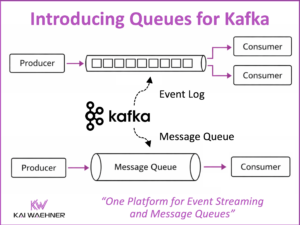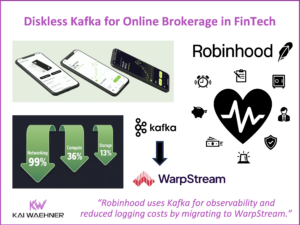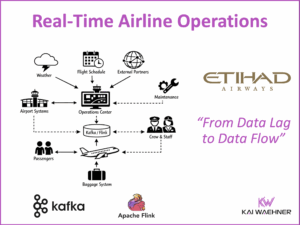Docker is one of the hottest technologies right now.
Relation to SOA, ESB and Microservices
Many TIBCO customers already ask how they can leverage Docker in combination with SOA, ESB and Microservices, and what TIBCO’s strategy is. I just want to refer to an article I published recently, it shows some insights about TIBCO’s future strategy from the Docker perspective:
Docker Containers in the TIBCO Universe
The following shows a snippet of the article, which explains how Docker is related to Microservices.
Docker as Foundation for Microservices
Enterprises need to be more flexible and agile as the requirements are changing much faster than some years ago due to trends such as cloud, mobile, Big Data, and Internet of Things. Microservices are the answer for this need—and also a trendy buzzword these days.
Microservices allow developing, deploying, and scaling services independently of each other. Therefore, Microservices have specific architecture requirements. One of the key requirements is managing complex deployments and their scalability. The context of utilization of services will vary a lot. Services need to scale very rapidly. Automation is key for agile, flexible, and productive Microservices development. Without continuous integration/continuous delivery/DevOps, you cannot realize the Microservices concept efficiently.
Docker can be used for building, testing, packaging, and deploying Microservices.
Sure, other options are available or emerging these days, too. However, Docker seems to become the de facto standard if you take a look at number of enterprises supporting it, increasing community, and growing tool support. Similar to Apache Hadoop for big data years ago (I mean really BIG data, i.e. if you want to analyze Terabytes or more).






